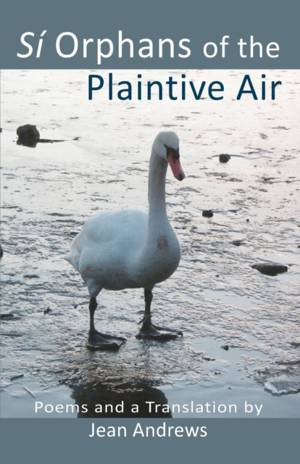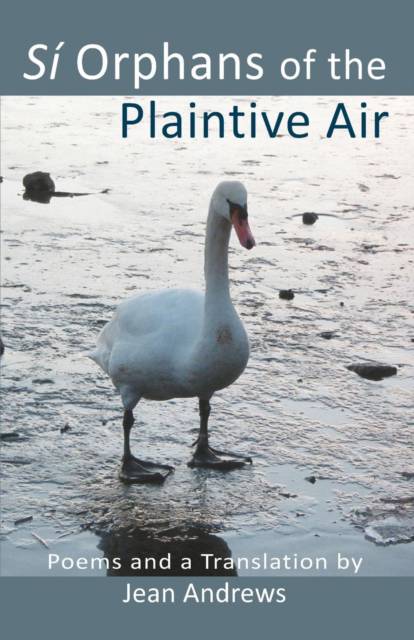
- Afhalen na 1 uur in een winkel met voorraad
- Gratis thuislevering in België vanaf € 30
- Ruim aanbod met 7 miljoen producten
- Afhalen na 1 uur in een winkel met voorraad
- Gratis thuislevering in België vanaf € 30
- Ruim aanbod met 7 miljoen producten
Zoeken
Omschrijving
The original poems in this collection give voice to familiar female figures from Irish mythology, Irish folk history and folklore. The Gaelic tradition is highly sympathetic to its women protagonists. It has plenty of them and they have plenty to say for themselves, not all of it genteel. This series of poems provides a continuum from the ancient tales of the Tuatha de Danaan and the Red Branch up to an instance of politicised defence of folklore at the cusp of the second millennium. It is followed by a translation of the Lament for Arthur O'Leary composed, as was the custom, over the course of the laying out of his body and his funeral, by his widow Eibhlín Dhubh Ní Chonaill (c.1743-?) in Co. Cork in 1773. Eibhlín is one of the great poetic voices of the Gaelic tradition and the Lament one of its finest poems.
Specificaties
Betrokkenen
- Auteur(s):
- Uitgeverij:
Inhoud
- Aantal bladzijden:
- 66
- Taal:
- Engels
Eigenschappen
- Productcode (EAN):
- 9781845495855
- Verschijningsdatum:
- 3/06/2013
- Uitvoering:
- Paperback
- Formaat:
- Trade paperback (VS)
- Afmetingen:
- 140 mm x 216 mm
- Gewicht:
- 86 g

Alleen bij Standaard Boekhandel
+ 16 punten op je klantenkaart van Standaard Boekhandel
Beoordelingen
We publiceren alleen reviews die voldoen aan de voorwaarden voor reviews. Bekijk onze voorwaarden voor reviews.











